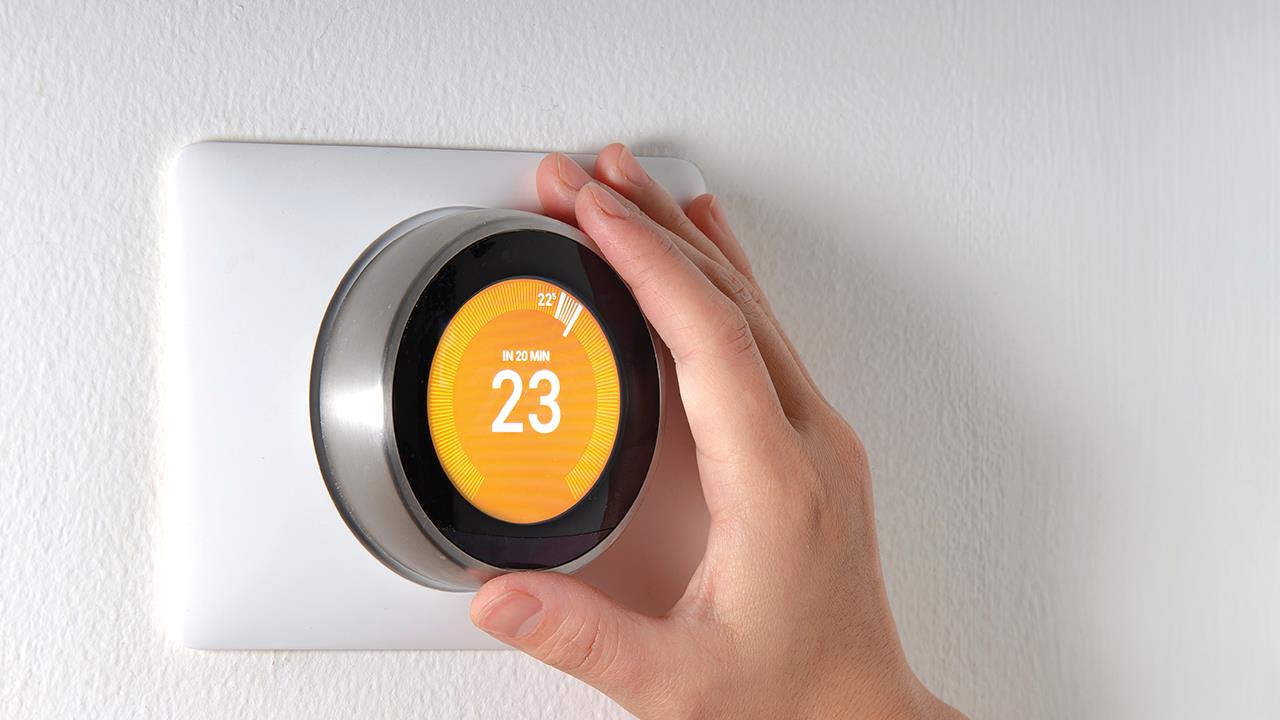

The introduction of the Boiler Plus standards has clarified the minimum standard of control required for all replacement gas boilers in England. Alongside time and temperature control, and an interlock, boilers should achieve a minimum Energy-related Products (ErP) efficiency of 92%. With the initial review of the policy now published, it’s clear that the domestic heating industry has acknowledged the efficacy of control standards.
Enhanced efficiency standards
Manufacturers saw Boiler Plus to be benefitting consumers by promoting the correct use of boilers, in turn increasing efficiency to yield both cost savings and improved comfort. Correspondingly, installers noted that the policy has ensured all boilers offered to consumers now meet the 92% ErP requirement.
Above all, the sales of smart controls have significantly increased since the introduction of Boiler Plus – emerging as the preferred additional measure among consumers where replacement combi boilers have been installed.
This is understandable as, while often driven by installer choice, smart controls are generally an unobtrusive and familiar addition to the technological elements of a modern home. The level of control and functionality can typically be tailored to consumer type and needs, providing flexibility while ensuring vital energy saving and convenience features remain in place.
Given the growing significance of these efficiency measures, identical or very similar policies are now due to be adopted by both Wales and Scotland.
Reasserting the role of controls
As government targets such as the Future Homes Standard look to phase out natural gas boilers, the important role that heating controls will play remains a constant. Particularly as energy-related products account for around 55% of the UK’s total non-transport energy use and will therefore remain a significant contributor to carbon emissions without suitable efficiency standards in place.
The continued installation of gas boilers, throughout the 2020s and beyond, offers millions of intervention points where a competent heating installer will have the opportunity to upgrade the heating controls as part of on-site boiler replacement work.
This will help maximise in-use efficiency – a high priority for the Department for Business, Energy and Industrial Strategy (BEIS) – and extract further marginal gains from an already highly efficient ErP-compliant boiler.
When the sheer annual quantity of boiler installations is considered – circa 1.7 million per annum – it is clear that the total carbon and energy savings can be notable contributors to the net-zero transition.
What the future holds
Given their role in energy savings, smart controls can be viewed as an important part of preparing domestic heating systems for a low carbon future. As stated in HHIC’s whitepaper, Heating Up to Net Zero, heating appliances such as boilers are often replaced, but other related components, like the ancillary heating controls, are sometimes ignored.
An efficient heating and hot water system makes a significant contribution towards reducing carbon emissions, which is why policies like Boiler Plus look to drive public awareness of the likely need for, and benefit from, component upgrades beyond simply the boiler.
The paper goes on to outline the importance placed on reducing energy demand, particularly for space heating in homes, if renewable systems such as heat pumps are to be introduced. These typically require a lower mean water temperature for the heating system, and/or improvements to the fabric efficiency of the building. Yet both can be expensive and disruptive to apply retrospectively – e.g. larger radiators, heating pipework, cavity wall insulation – potentially requiring progressive implementation over a longer time period.
Heating systems are specified to a ‘design day’ outdoor temperature, typically at -3°C, but this may vary based on the dwelling’s geographical location. A correctly designed, sized, and installed heating system should therefore perform optimally around this temperature. However, this means that whenever the outdoor temperature is below this level, at a set flow temperature, the system may be operating over-capacity.
This is where smart and compensating controls especially, as encouraged by Boiler Plus, can play such an important role. They can monitor outdoor temperatures (weather compensation) and/or indoor temperatures (load compensation), and lower the boiler firing rate and flow temperature to suit. Use of such controls, if correctly specified and commissioned, can therefore reduce energy consumption and help incumbent systems to approach low temperature operation with less disruption and costs.
Aside from the promising role of controls in accommodating renewable heating systems, the ErP policy framework document has possibly acknowledged that boilers in their current designs are at, or approaching, the threshold of achievable efficiency.
Despite such conclusions, BEIS is still looking to maintain the drive for efficiency standards through additional policies. For instance, the inherited EU legislation (ErP) awards a heating control credit based on efficiency boosts to certain common control types when marketed or supplied as a ‘package’ with the boiler. The government indicates it will continue to explore the value of such approaches for furthering the contributions of heating controls as we progress to a low carbon future.
If you'd like to keep up-to-date with the latest developments in the heating and plumbing industry, why not subscribe to our weekly newsletters? Just click the button below and you can ensure all the latest industry news and new product information lands in your inbox every week.